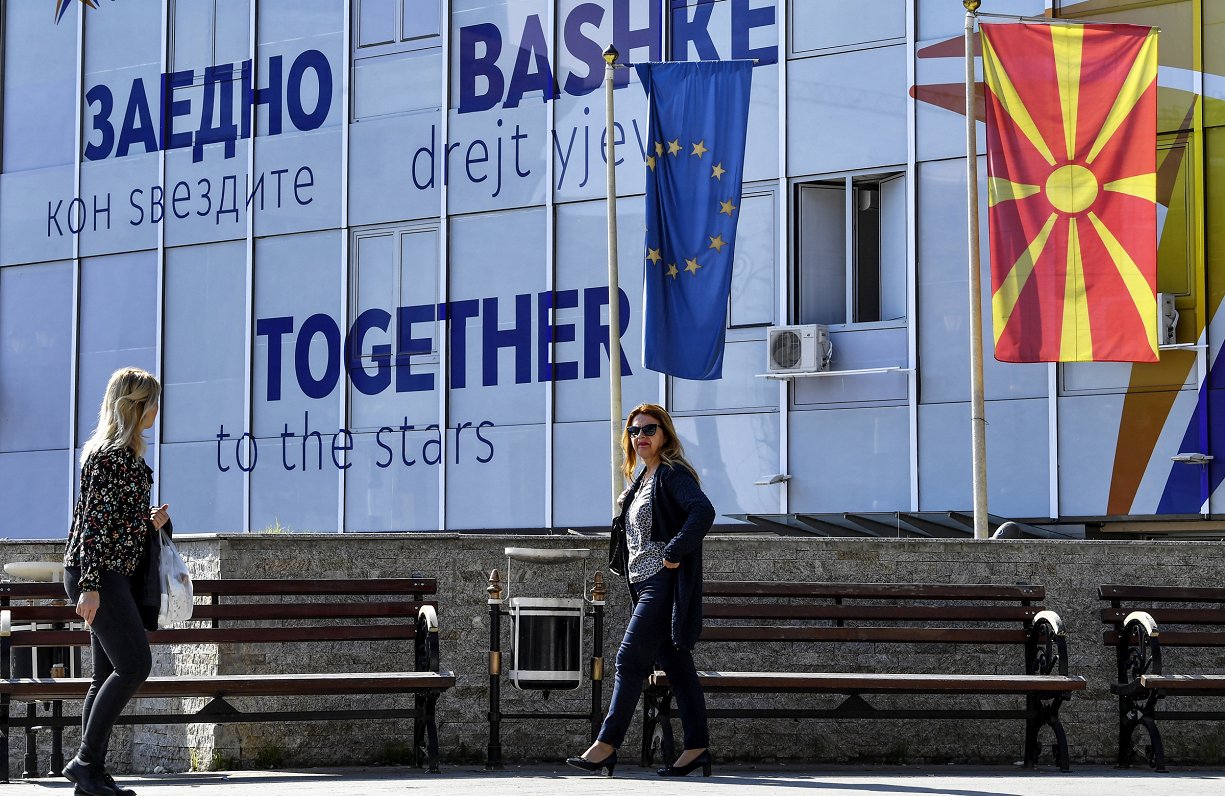The Foreign Ministers intend to discuss the integration of Albania and North Macedonia with the European Union. The joint visit is a strong pledge of the European perspective, especially in view of the updated progress reports on the two countries published by the European Commission on 2 March, which repeat the recommendations, already given in May 2019, that EU accession negotiations should be opened.
In a meeting with President of North Macedonia @SPendarovski Polish-Baltic Quartet reaffirmed support for the beginning of acession talks with EU in a near future, also we are looking forward to welcome North Macedonia as full fledged #NATO member very soon ?? ?? ?? ?? ?? pic.twitter.com/Ms9iPlbbeb
— Edgars Rinkēvičs (@edgarsrinkevics) March 3, 2020
Nevertheless other voices within the EU, most notably French President Emmanuel Macron, are taking a much more cautious approach to further EU expansion in the Balkans, though there have recently been signals that Macron's attitude may be softening.
The visit takes in North Macedonia on 3–4 March and Albania on 4–5 March.
North Macedonia was granted EU candidate country status in December 2005, and Albania – in June 2014. Latvia supports Albania and North Macedonia on their path to integration with the EU. Latvia supports the opening of EU accession negotiations with Albania and North Macedonia in view of positive recommendations and assessments of progress by the European Commission.
The visits to North Macedonia and Albania are the latest in a series of joint initiaitves between the Baltic states and Poland, with the four countries presenting a united front on a range of issues including agricultural subsidies and opposition to the Nord Stream 2 pipeline.





























